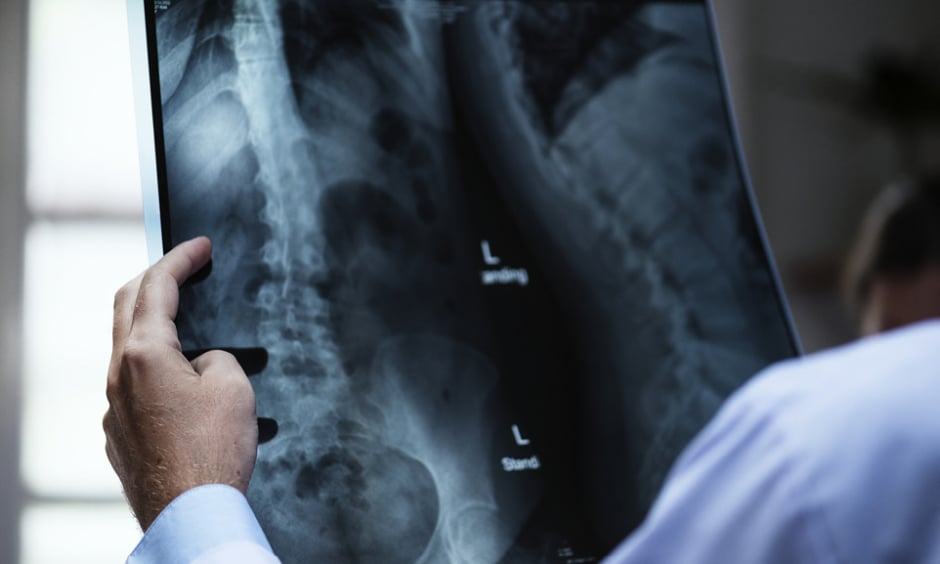EXPLORER, the world’s first entire-body three-dimensional scanner was unveiled at the Radiological Society of North America (RSNA) meeting in November 2018. Combining PET and X-ray CT, EXPLORER can image the entire body at once, giving doctors an insight as to how the whole body reacts to certain stimuli and allowing for the mapping of tagged drug movement through the production of individual images and videos.
First discussed 13 years ago, the vision of Prof Simon Cherry and Dr Ramsey Badawi, University of California, Davis, Davis, California, USA, has come to fruition with the aid of grants from the National Cancer Institute (NCI) and the National Institutes of Health (NIH).
EXPLORER has a number of advantages over its PET counterparts. Aside from the ability to produce an image of the entire body, EXPLORER creates higher quality images than PET scans: “The level of detail was astonishing, especially once we got the reconstruction method a bit more optimised,” explained Dr Badawi. Furthermore, EXPLORER scans up to 40-times faster than current PET techniques, enabling a whole-body scan in 20–30 seconds, and makes use of a 40-fold lower radiation dose compared with PET scans to produce the images. This ability to produce high-quality images with lower radiation doses enables repeated imaging to be safely conducted and means that radiation doses are reduced in paediatric studies. “The tradeoff between image quality, acquisition time, and injected radiation dose will vary for different applications, but, in all cases, we can scan better, faster, with less radiation dose, or some combination of these,” explained Prof Cherry.
Prof Cherry went on to describe how he foresees systems, such as EXPLORER, becoming more and more widespread and accessible, but concluded: “Now, our focus turns to planning the studies that will demonstrate how EXPLORER will benefit our patients and contribute to our knowledge of the whole human body in health and disease.”








